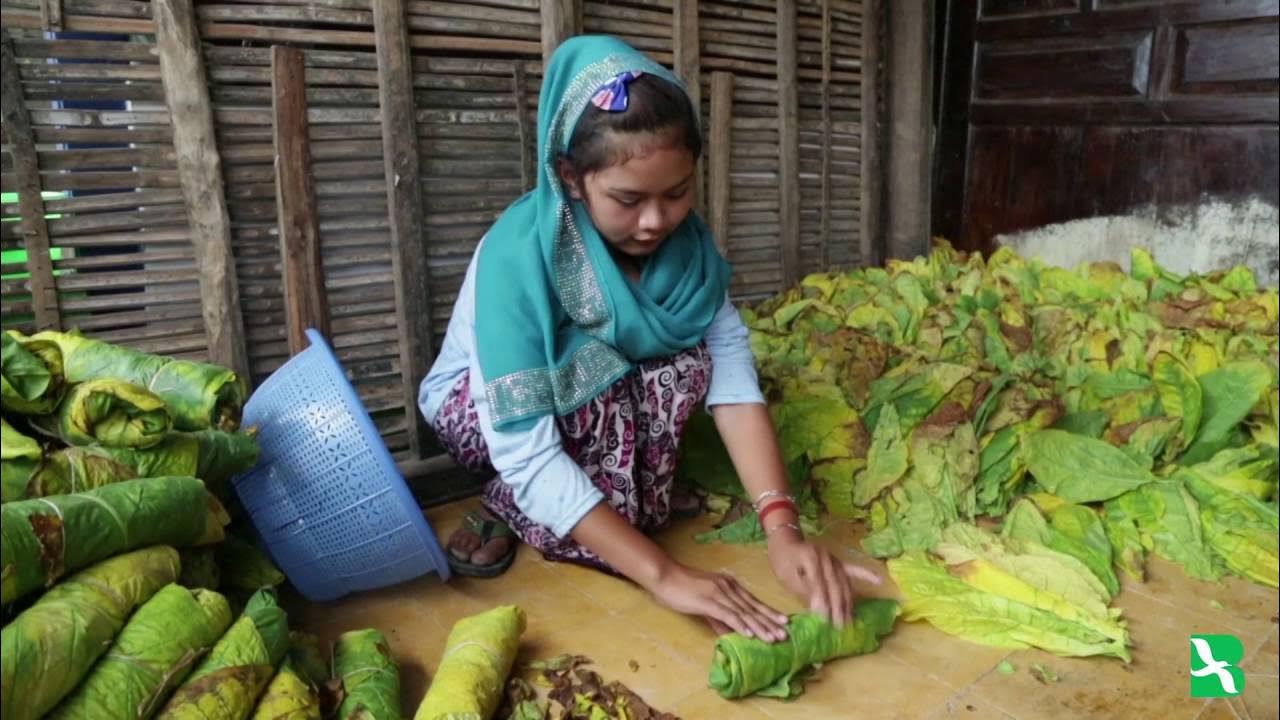The White Lie - A Child Labour Documentary
Summary
TLDRThe video addresses the issue of child labor in India, highlighting the challenges faced by children who are forced to work, particularly in hazardous industries like Bt cotton farming. Despite amendments to the Child Labor Prohibition and Regulation Act, which reduced the number of hazardous industries and changed the definition of a child, loopholes still exist that allow for exploitation. The narrative underscores the importance of education and the detrimental impact of child labor on children's futures, calling for stricter enforcement and greater accountability to protect vulnerable young workers.
Takeaways
- 👶 The amendment to the Child Labor Prohibition and Regulation Act 1986 reduced the definition of a child from below 18 to below 14.
- 🛑 Children below 14 are not allowed to work in any industry except family businesses.
- 📉 The number of hazardous industries for 14-18 year-olds was reduced from 83 to 3.
- 🔍 The amendment appears to lack thoughtful consideration and accountability.
- 👨👩👧👦 Family businesses and agriculture sectors are exceptions where children can work.
- 👨🏫 Education systems are pushing children out of classrooms and into labor, especially in rural areas.
- 👷 Children constitute a major part of the workforce in the Bt cotton industry, often working in hazardous conditions.
- 🧬 Bt cotton involves biotechnology and manual labor, which exploits children for their 'nimble fingers' in cross-pollination.
- 💉 Use of pesticides and fertilizers in Bt cotton fields poses severe health risks to children.
- ⚖️ The economic benefits of child labor are recognized, but it remains a critical ethical and legal issue that needs addressing.
Q & A
What is the main issue discussed in the script?
-The main issue discussed in the script is child labor, specifically the amendments to the Child Labor Prohibition and Regulation Act 1986 and its implications on children's rights and education.
What changes were proposed in the 2016 amendment to the Child Labor Prohibition and Regulation Act?
-The 2016 amendment proposed three major changes: the definition of a child was changed from below the age of eighteen to below 14, children below 14 were prohibited from working in any industry except family businesses, and the list of hazardous industries for individuals aged 14 to 18 was reduced from 83 to 3.
What are the potential problems with the reduction of hazardous industries?
-The reduction of hazardous industries from 83 to 3 was done without proper logic or rationale, potentially exposing children to dangerous working conditions without adequate protection or oversight.
How does child labor impact children's education?
-Child labor significantly impacts children's education as they are often withdrawn from school to work, particularly during critical periods such as the Bt cotton harvesting season. This leads to missed school years and a higher dropout rate.
Why is child labor still prevalent in sectors like agriculture and family enterprises?
-Child labor persists in agriculture and family enterprises due to economic pressures, lack of enforcement of labor laws, and cultural norms that see children's work as part of family support.
What is the significance of Bt cotton in the context of child labor?
-Bt cotton, being a labor-intensive crop, often employs children for tasks like cross-pollination and harvesting. This work exposes children to hazardous conditions, including exposure to pesticides and heavy machinery.
What are the health risks associated with children working in Bt cotton fields?
-Children working in Bt cotton fields face health risks from exposure to pesticides and fertilizers, leading to severe illnesses and even mysterious deaths due to inadequate safety measures.
How does the script depict the economic rationale behind child labor?
-The script suggests that child labor is economically beneficial for industries as it provides cheap labor without the need for taxes or social security, thus helping meet grand economic targets but at the cost of children's rights and safety.
What are the long-term consequences of child labor for children?
-Long-term consequences of child labor include lack of education, poor health, and limited future employment opportunities, trapping children in a cycle of poverty and exploitation.
What can be inferred about the government's stance on child labor based on the script?
-The script infers that while the government has made some legislative efforts to address child labor, the implementation and enforcement are lacking, and certain amendments may have weakened protections rather than strengthened them.
Outlines

This section is available to paid users only. Please upgrade to access this part.
Upgrade NowMindmap

This section is available to paid users only. Please upgrade to access this part.
Upgrade NowKeywords

This section is available to paid users only. Please upgrade to access this part.
Upgrade NowHighlights

This section is available to paid users only. Please upgrade to access this part.
Upgrade NowTranscripts

This section is available to paid users only. Please upgrade to access this part.
Upgrade NowBrowse More Related Video

Famous Companies That Use Slavery

Cotton textile industries in india | location and distribution | problems and importance

Children Labor in Indonesia's Tobacco Fields: Human Rights Watch

'Bawat Barya,' dokumentaryo ni Atom Araullo | I-Witness

[UNCUT] Indonesia Masih Belum Bebas dari Pekerja Anak | BERKAS KOMPAS

These photos ended child labor in the US
5.0 / 5 (0 votes)